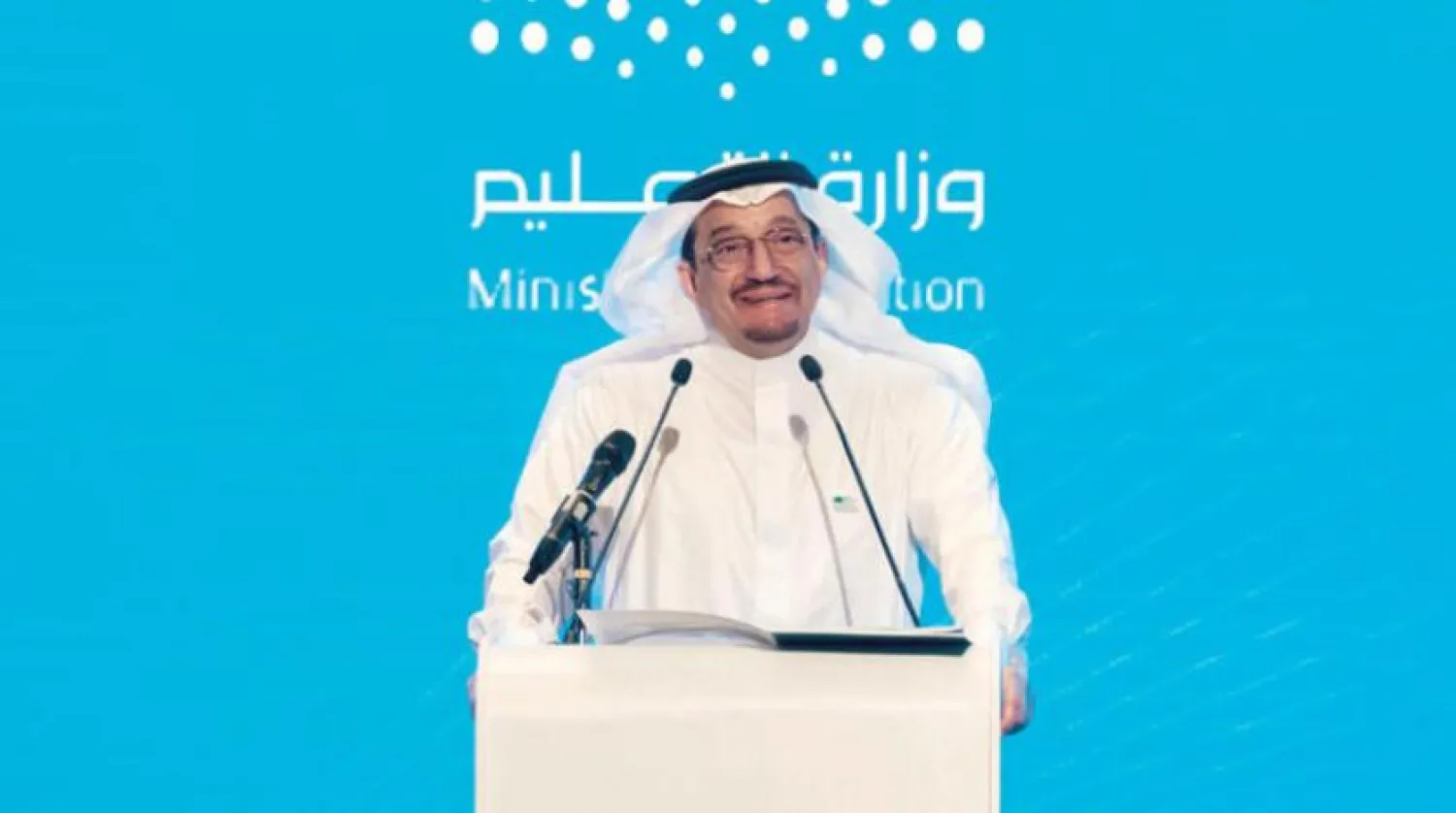Saudi Arabia announced on Wednesday a radical change in the public education system, which will be converted from two to three semesters with short vacations, in order to keep pace with international best practices.
Dr. Hamad Al-Sheikh, Saudi Minister of Education, said that this transformation would also include the development of curricula and educational plans, in addition to the introduction of new subjects that would be taught for the first time in line with the goals of the Kingdom’s Vision 2030.
In a press conference, the minister said: “Over two years of continuous work in the Ministry of Education, and based on careful studies carried out by specialized teams, a major conclusion was reached that the current education system needed a real and deep reform. Comparisons with developed countries have also shown a gap with regards to the number of actual school days.”
Al-Sheikh added that the academic school semester would extend over 13 weeks with seven-day breaks. The year will also include 12 holidays, incorporating long weekends and an increased number of school days. The academic year will start on Aug. 30 and end on July 1 next year.
According to information available to Asharq Al-Awsat, new subjects that will be taught starting next year include digital skills, English for elementary grades, social studies, self-defense and critical thinking.
The Minister of Education described the development process as “necessary” to complete the goals of the Saudi Vision 2030, to reach global competitiveness in various fields, and to keep pace with best practices.
He also urged education workers to receive at least one COVID-19 vaccine dose before the Aug. 1 deadline in order to ensure the health and safety of staff and students in the classroom.









